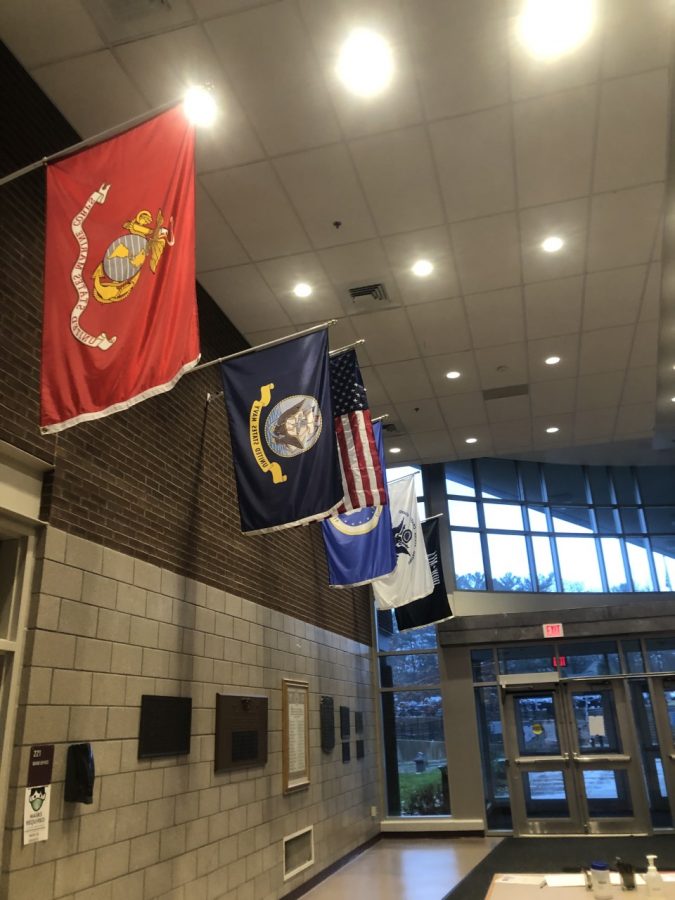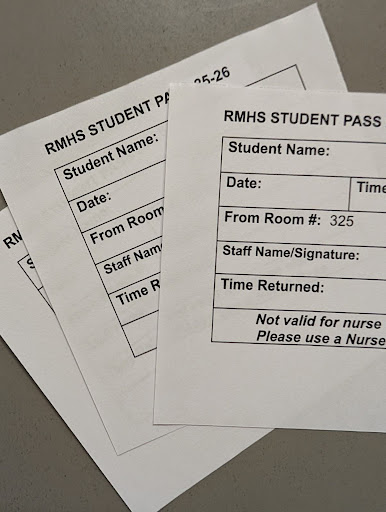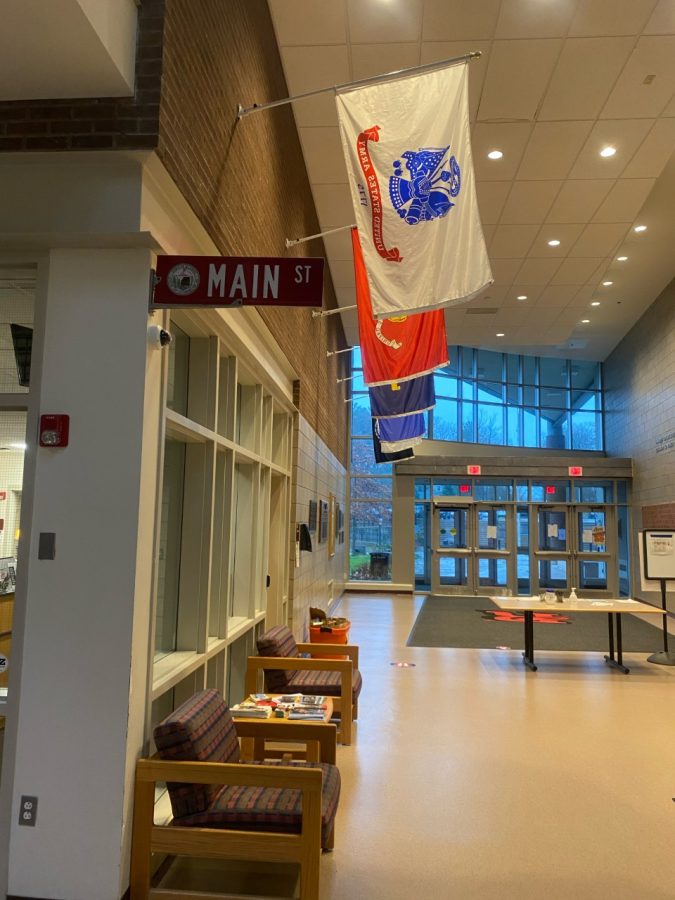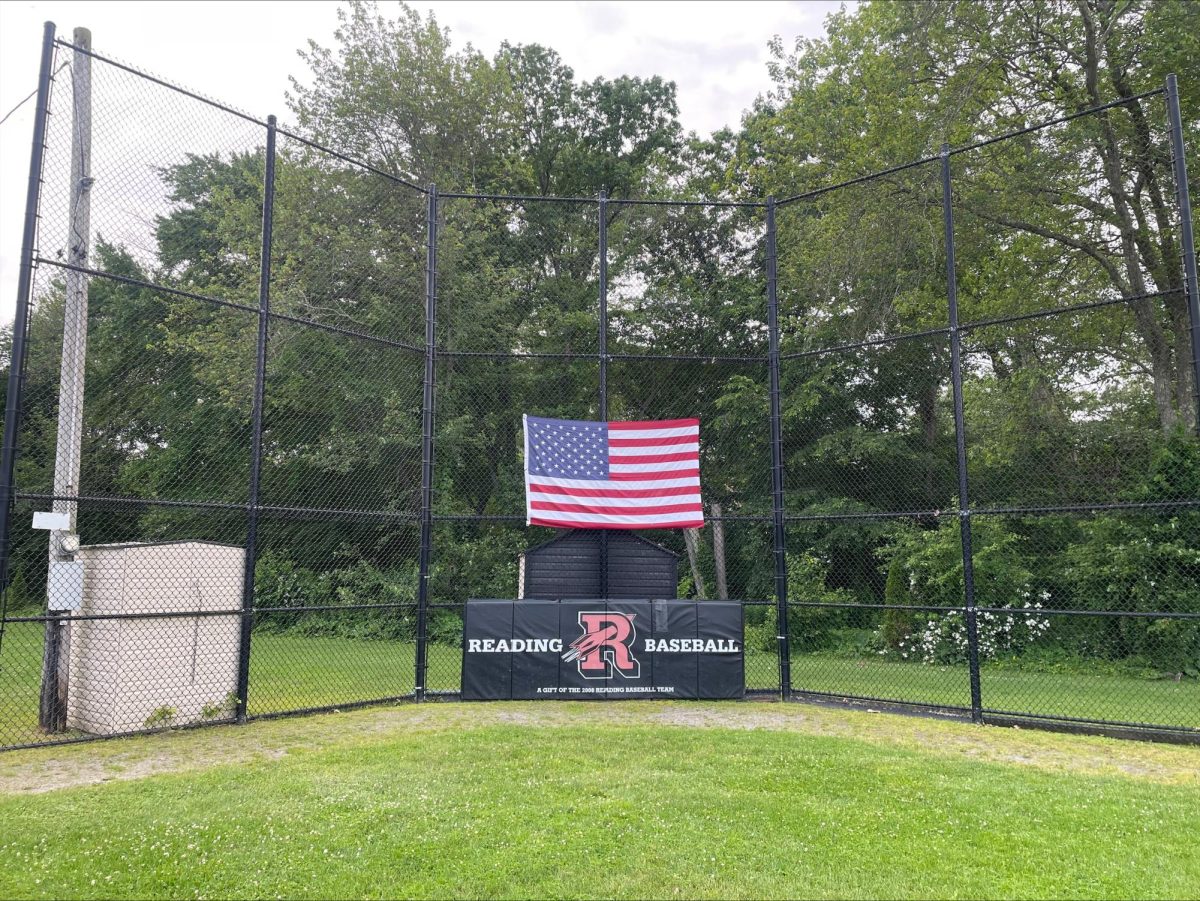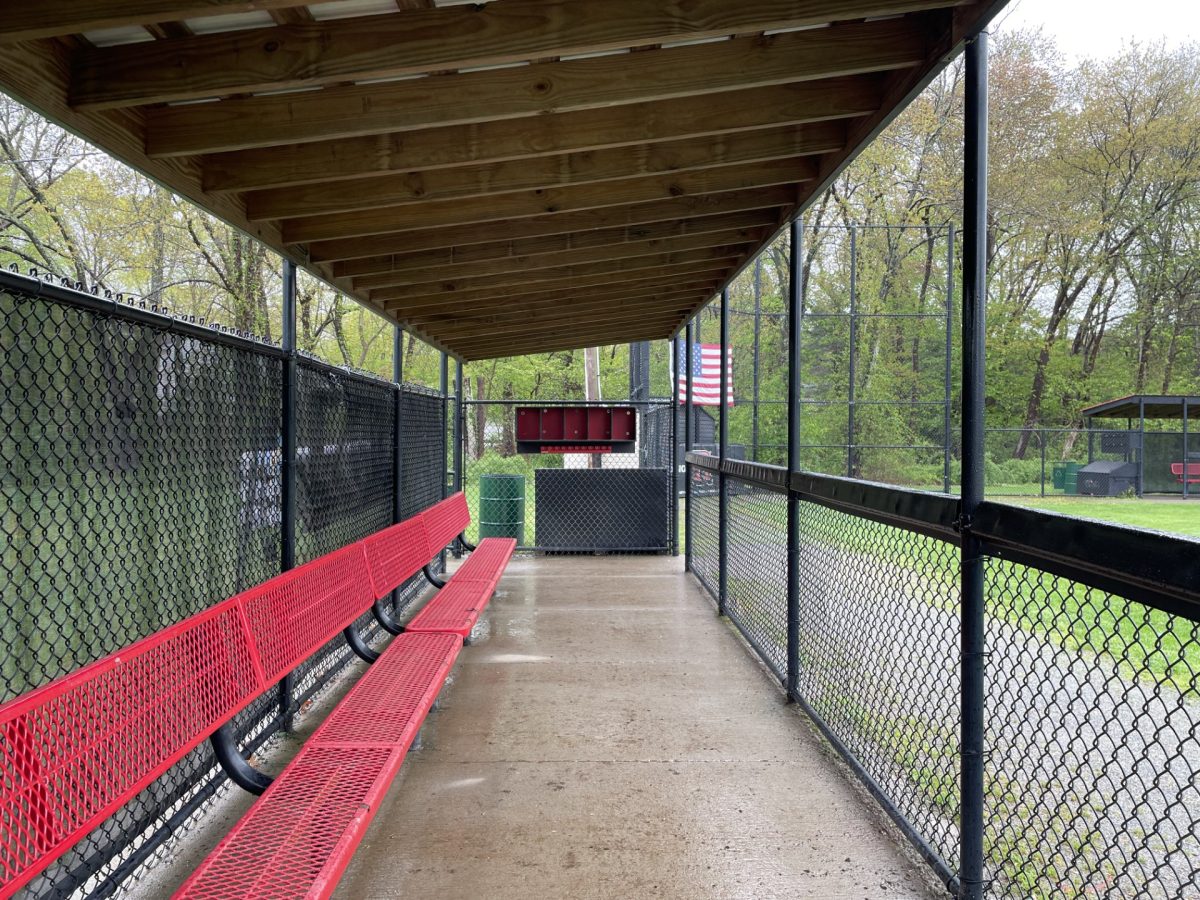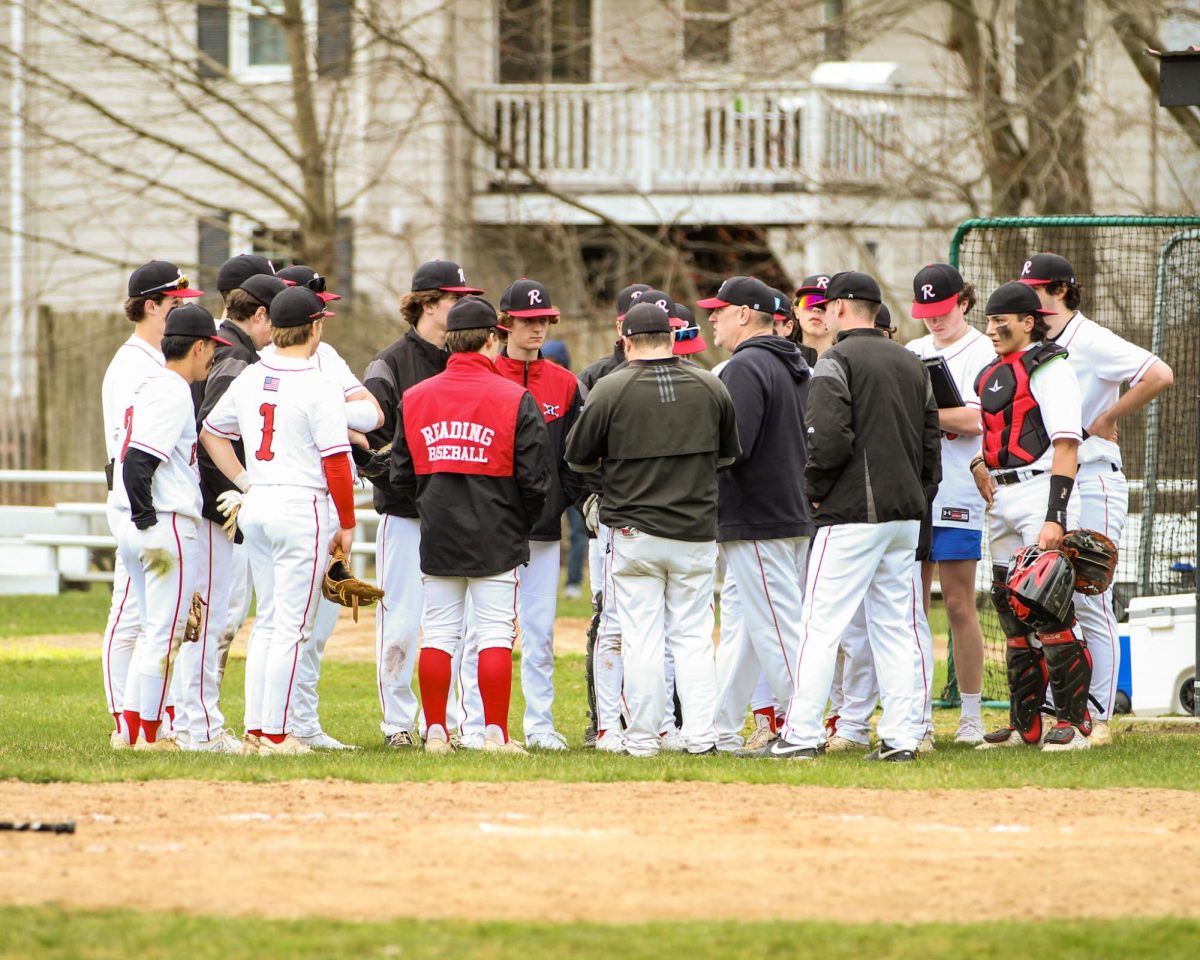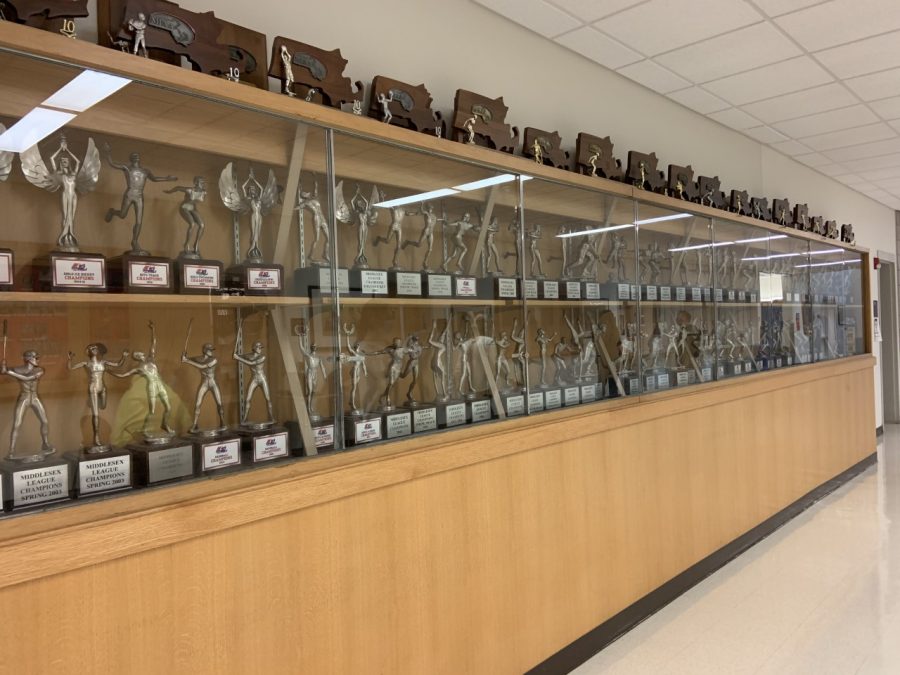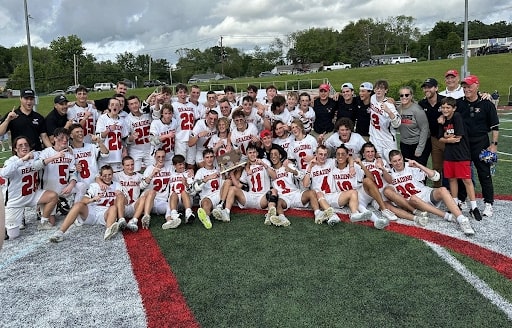
After twelve men’s lacrosse players at Tufts University were hospitalized with a rare and dangerous form of exhaustion following a 45 minute workout, members of the RMHS athletic community may wonder if its own athletes are safe from the dangers of over-training.
Rhabdomyolysis, more commonly known as Rhabdo, is very rare, averaging a yearly rate of 26,000 U.S. cases. Rhabdo can occur after excessive exercise. It causes your muscles to break down which can lead to muscle loss and kidney failure. Severe cases can be life threatening.
On Monday, September 16th, 12 members of the Tufts men’s lacrosse team were diagnosed with this rare condition. It was reported that this happened after completing a 45 minute workout led by a Tufts alumni who is a U.S Navy SEAL graduate.
When asked if anything similar to this has happened at RMHS, Mr. Zaya, RMHS Athletic Director said, “Nothing similar to this, we do try to put things in place to prevent it.” According to Mr. Zaya, all MIAA coaches are required to take courses to learn about different aspects of exercise and how to conduct their teams. He also cited, “coaches meetings each season where we go over safety procedures with our coaches.”
Mr. Zaya points out, “Our coaches are with our players through any workouts. I know that sometimes there are things that happen in the offseason–‘captains practices’ are generally something that happens outside of school with or without adult supervision. ‘Captains practices’ are against school rules and are against the MIAA rules.” Mr. Zaya further explains that anything other than practice situations, such as having people from outside come in and work with our teams, needs to be approved by himself or the principal here at RMHS.
Senior lacrosse captain Ben Diemer, explained that he had never really heard of similar cases of Rhabdo and when asked about his athletic experience at RMHS says, “I personally feel very safe. I think everyone else feels very safe because we’re not doing crazy stuff. Maybe some sprints at the end of practice, nothing too serious.”
RMHS Athletic Trainer, Victoria Olechowski, says, “A lot of the times, dehydration and cramping happens during the second half of a game when you’re sweating and losing all the sodium, and muscles are fatigued.” However, in order to prevent heat illnesses, teams must follow the MIAA heat policy which aims to keep athletes safe and mandates that “as temperatures increase to dangerous levels, athletes must take breaks and do limited exercise.”
“Exercise is medicine,” says Ms. Olechowski. She advises those prescribing exercises to “do so appropriately”, ensuring that they are not too intense. Victoria also highlights the importance of rest breaks and water breaks often.
Olechowski has been at RMHS for 2 years, and has been a certified athletic trainer for 6 years. She has never seen any cases of Rhabdo.







